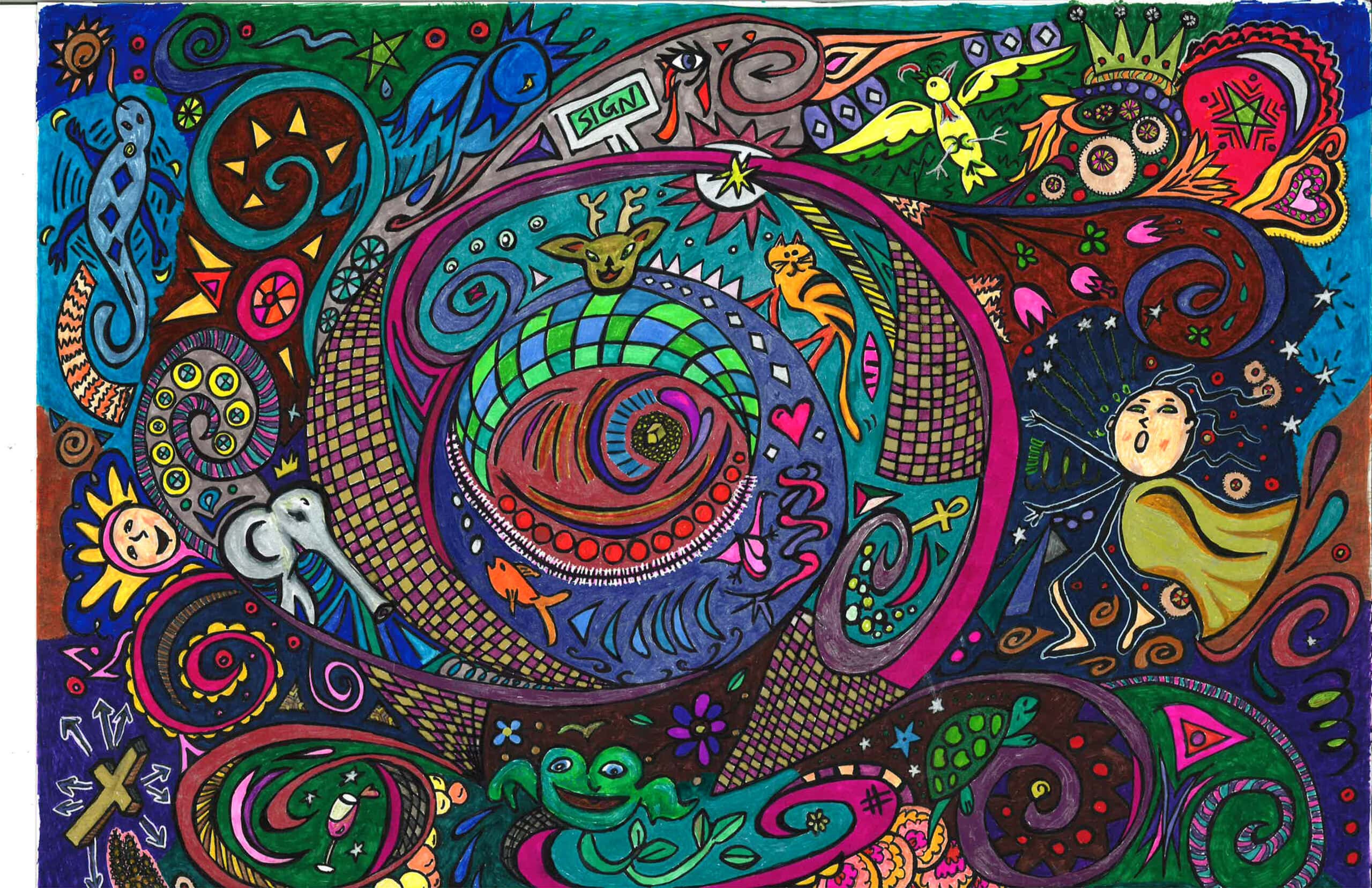People Energy Principle #9 – People do things for reasons, not always the reasons they give you.
You’ve been there:
A key project is running late. You finally corner the responsible person and ask why. They look you in the eye and give you a perfectly reasonable explanation—unexpected delays, busy schedule, competing priorities.
Sounds legit. You nod and move on. But the knot in your stomach says something different: there’s more to this story.
The Dilemma
Do you call them out? Press harder for “the real reason”? That can backfire fast, making people defensive and shutting down communication. Or do you let it slide, even though your gut says the pattern will repeat?
The Human Truth
People do things for reasons—but not always the reasons they share. Sometimes it’s about avoiding embarrassment or conflict. Sometimes they don’t even know their true motives. We all have hidden rivers of emotion and bias running under the surface of our decisions.
The Leadership Move
Instead of going full detective, try this:
- Focus on patterns. What behaviors show up again and again?
- Get curious, not accusatory. Ask questions like, “What made this feel harder than expected?”
- Make it safe to be honest. When people trust you won’t punish vulnerability, you get closer to the truth.
This approach turns a tough dilemma—whether to push or let go—into an opportunity. It builds insight without breaking trust.
The Takeaway
When the story feels incomplete, don’t default to blame or blind trust. Stay curious and watch what people do, not just what they say. That’s how you make better decisions without burning bridges.

